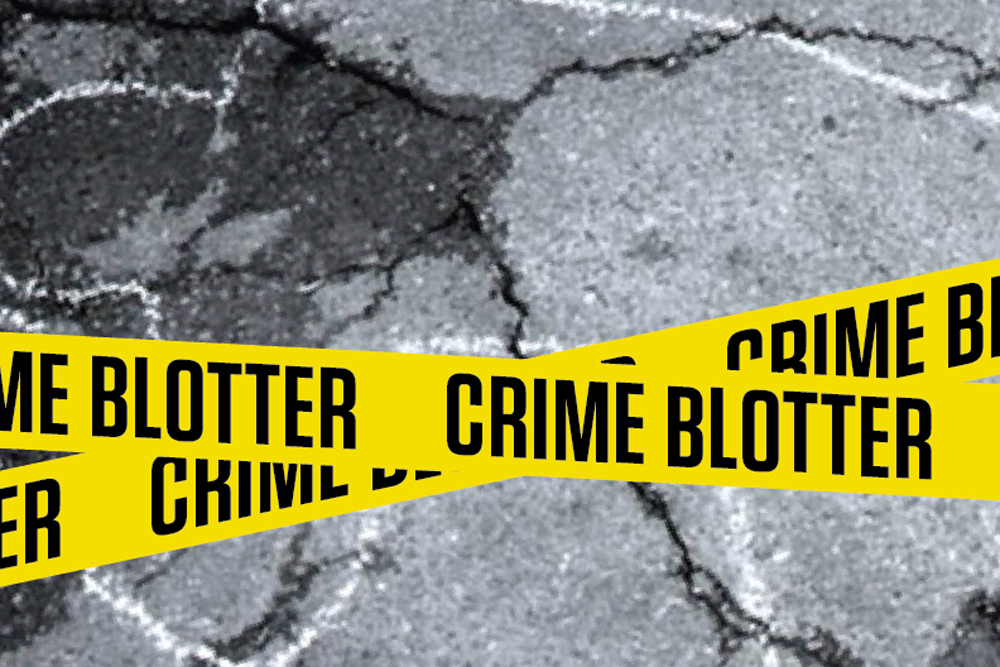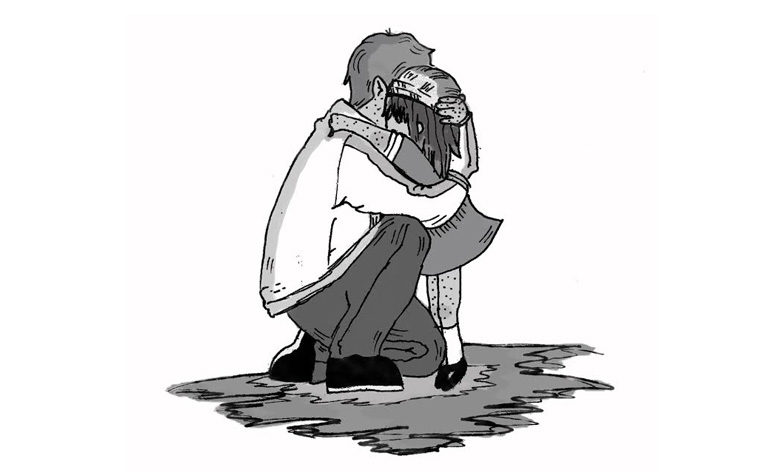In the past, Portland State Vanguard ran a column called “Crime Blotter,” which published reports of alleged criminal activity on campus. This column went against Vanguard’s values, so the editorial team has decided to remove “Crime Blotter” articles from our website and discontinue the column going forward.
We’d like to take some time to explain this decision, as we do not typically remove articles from our site after publication. This isn’t a decision we made lightly, and we owe it to readers to explain and lay out our policy for the future.
First and foremost, “Crime Blotter” was harmful to the community. The column was essentially a list of arrests and other police activity on campus. It was based entirely on arrest reports and police records, broadcasting the worst moments of people who hadn’t received a conviction for any crime. The column often included graphic and personal details about arrestees and typically published their full name.
Previously, Vanguard policy was to “identify individuals accused or convicted of crimes by their full name in News articles.”
Moving forward, we’re changing this policy. “In reporting, revealing the full names of individuals accused or convicted of crimes should be limited to cases where ongoing safety risks are apparent and/or reporting on the incident provides an important and clear benefit to the community,” the new policy states. “Vanguard editorial team bears the responsibility of determining the appropriateness of such naming while also considering the potential power dynamics involved. For example, it is important to expose individuals who have abused their positions of power, but it could be detrimental to identify a student who was using drugs.”
This follows the Associated Press, who decided in 2021 to stop naming suspects in minor crime stories. At the time, John Daniszewski—Associated Press’ vice president for standards—explained how journalists writing crime stories must “consider first whether the story is worthy of our news report, and if distributing it is indeed useful to our members and customers.”
Vanguard agrees, which is why we’re changing course on “Crime Blotter.” Naming criminal suspects—many of whom later had charges dropped—caused harm to community members, and it didn’t serve a reasonable journalistic purpose.
Future reports on public figures, individuals in positions of power, public safety and other situations may warrant exceptions. However, generally speaking, we will avoid naming individuals accused of or convicted of crimes, unless there is a compelling reason to do so.
Additionally, “Crime Blotter” was bad journalism. As mentioned above, it was based entirely on statements provided by the police with no outside sources or attempts to follow up with the accused individuals. Vanguard makes an effort to critically evaluate claims made by those in authority and provide coverage which is as wide-ranging and even-handed as possible. Unfortunately, that was not the case here.
We take the decision to remove these articles from our website seriously, as we usually keep Vanguard articles online for as long as possible to keep with journalistic standards and maintain a historic record. In this case, the harm incurred by keeping these articles up outweighs any potential benefits.
Search engines made these articles easy to find, and some individuals who were mentioned in the column requested Vanguard remove their names. The column made it difficult for them to live their lives, as an arrest report might be the first item that appeared when one searched their name.
“Everyone makes mistakes, and [I] happened to make a few at the wrong place and wrong time…” one commenter wrote. “This has hurt my growth as a person in society trying to blend in.”
As our mission statement says, Vanguard seeks to provide the PSU community with fair, balanced, timely and comprehensive news and information. “Crime Blotter” did not meet that standard, and it’s something we hope to correct.
Vanguard is committed to journalistic ethics, and we hold ourselves to a standard of media as a resource supporting the public good. Sometimes we make mistakes, and in those cases we will do our best to repair any harm done and learn from the experience as we move forward.






